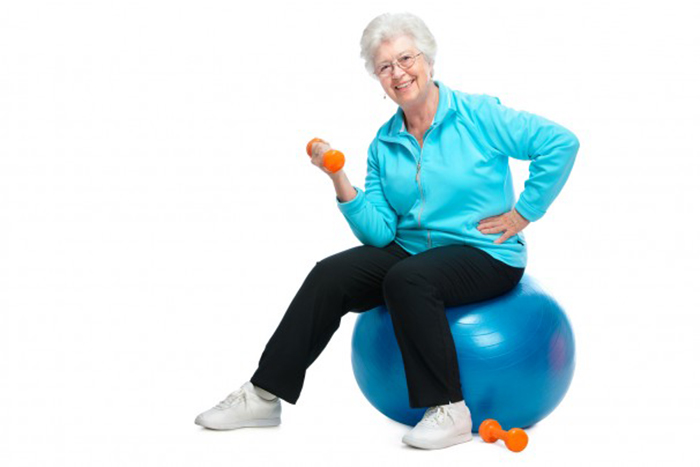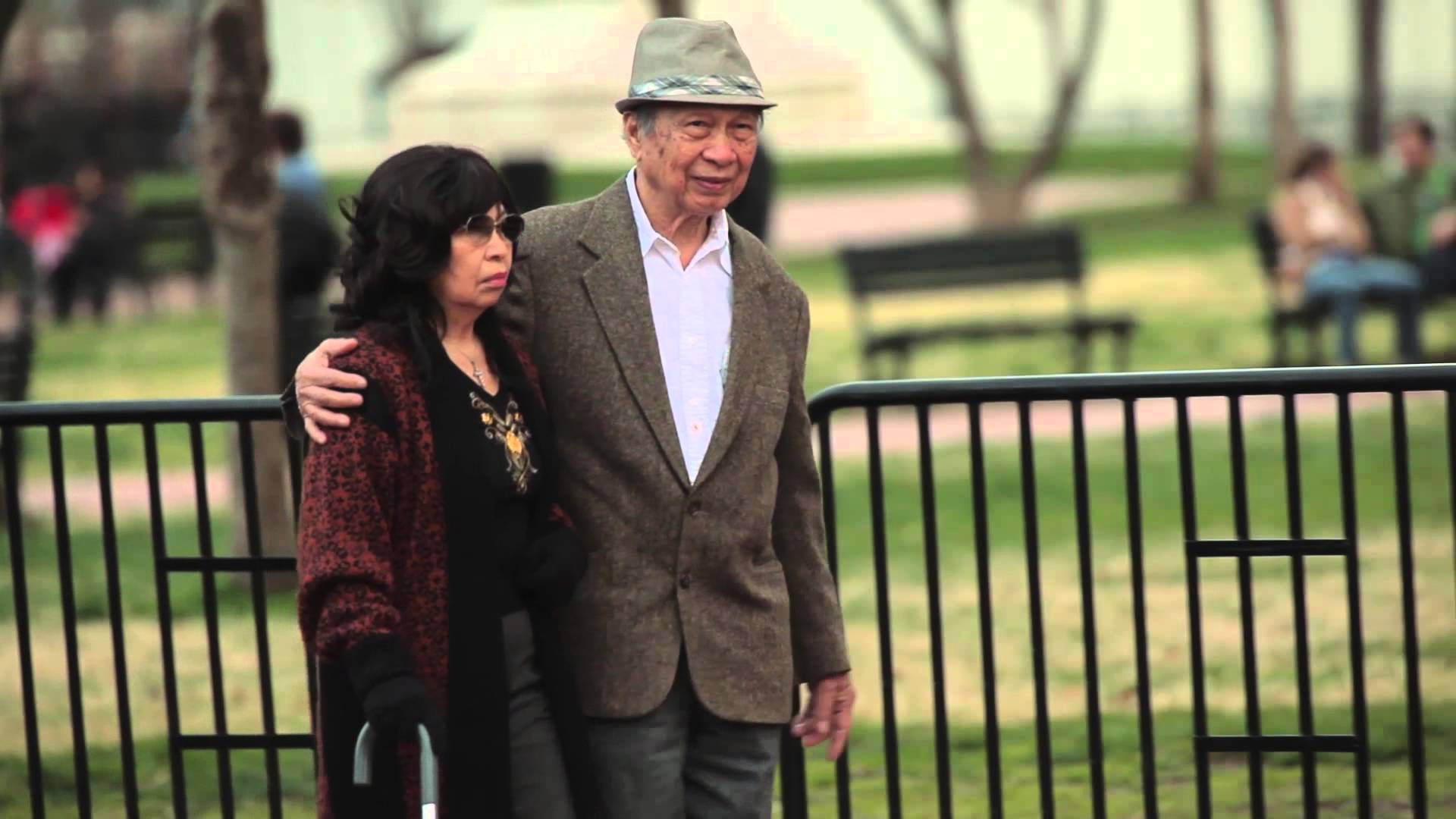Exercise and Memory
Steady exercise may improve memory, even after it has begun to decline
THE QUESTION Exercise is touted as helping healthy adults stay that way, both physically and mentally. Might it also help people whose memory and other cognitive abilities have started to decline?
THIS STUDY included 35 adults who averaged in their mid- to upper 70s; they consisted of two groups: 18 with mild cognitive impairment and 17 with no cognitive decline. Everyone did moderate exercise, walking on a treadmill with increasing frequency and duration until they were doing four 30-minute sessions a week. After 12 weeks, both groups registered about a 10 percent improvement in cardio-respiratory fitness. Brain scans and a battery of standardized neuropsychological tests, focusing on memory, showed cognitive improvement in both groups, and to virtually the same degree, including such aspects as better recall and improved neural efficiency (less brainpower required for cognitive tasks). The researchers noted that, in people with mild cognitive impairment, treatment that achieves stability in memory is considered successful; they described the cognitive improvement in their impaired participants as “remarkable.”
WHO MAY BE AFFECTED? Anyone with mild cognitive impairment, which involves problems with memory, language and thinking skills that are greater than expected with aging but that generally do not inhibit day-to-day activities. People with mild cognitive impairment are more likely to develop Alzheimer’s disease than those without it.
CAVEATS The study involved a small number of participants and did not include, for comparison, groups that did not exercise. The study period was too short to determine whether exercise would delay progression to Alzheimer’s for those with mild cognitive impairment.
FIND THIS STUDY August issue of the Journal of Alzheimer’s Disease.
LEARN MORE ABOUT mild cognitive impairment at www.mayoclinic.com and www.alz.org.
The research described in Quick Study comes from credible, peer-reviewed journals. Nonetheless, conclusive evidence about a treatment’s effectiveness is rarely found in a single study. Anyone considering changing or beginning treatment of any kind should consult with a physician.
Source: The Washington Post
August 12, 2013
By Linda Sering
http://www.washingtonpost.com/national/health-science/walking-on-a-treadmill-is-found-to-help-memory-in-older-people/2013/08/12/bbf0f776-0032-11e3-9711-3708310f6f4d_story.html











